First cycle academic study programme in Kinesiology
DURATION AND SCOPE: 3 years and 180 ECTS credits
PROFESSIONAL TITLE: DIPLOMANT KINEZIOLOGIJE (UN) or DIPLOMANTKA KINEZIOLOGIJE (UN)
OBJECTIVES:
Education of experts in implementing movement programmes whose aim is to improve motor fitness and maintain the health of youth and adults, gaining competences for work in movement activities for youth and adults, and acquiring the knowledge needed to pursue second-cycle studies.
COMPETENCES:
- understanding the medical, physiological, and biomechanical implications of body movement;
- understanding exercise methods and means of maintaining and improving motor capabilities and health within primary prevention efforts against chronic non-communicable diseases and injuries of the musculoskeletal system;
- command of demonstration and didactics of individual movement and sports elements used in physical conditioning;
- work qualification with modern exercise technologies;
- understanding the basics of kinesiological treatment for adults.
Course-specific competences gained in the course of the programme:
- understanding of anthropological and kinesiological bases of sport;
- knowledge of biopsychosocial characteristics of individual age groups and sexes;
- knowledge of health aspects of physical load;
- knowledge of physiological aspects of physical load;
- knowledge of basic biomechanical aspects of physical load;
- knowledge of general pedagogic, andragogical and didactic aspects of sports practice;
- ability to plan, carry out and control the practice which exerts influence on the motor and functional abilities and physical characteristics of healthy persons;
- mastering suitable diagnostic procedures in the professional area;
- knowledge of the characteristics of healthy diet and ability to give advice on the use of dietary supplements in connection with practice and healthy way of life;
- ability to draw up a preventive practice programme and to cooperate in rehabilitation of some typical problems of the motor system (obesity, backache, knee, shoulder and ankle pains);
- knowledge of basic characteristics of work and everyday loads;
- knowledge of general didactics of sports educational process;
- knowledge of physical and motor development;
- mastering the demonstration and didactics of individual motor and sports elements used in physical preparation;
- mastering the methods for the regeneration after physical load;
- organizational abilities and knowledge needed to perform sports practice;
- qualifications needed to pedagogically lead individuals and groups during practice;
- knowledge of water rescue;
- ability to work with state-of-the-art practice technologies;
- knowledge of the basics of research work in the professional area.
EMPLOYMENT OPPORTUNITIES AND OPTIONS FOR FURTHER STUDIES: Graduates can find employment in sports clubs, associations, and national sports federations, as well as in private organisations and businesses in compliance with the applicable Sports Act (health resorts, rehabilitation centres, etc.). Graduates can continue their studies through the master’s study programme in Kinesiology or, after completing the bridging module, through the master’s study programme in Physical Education.
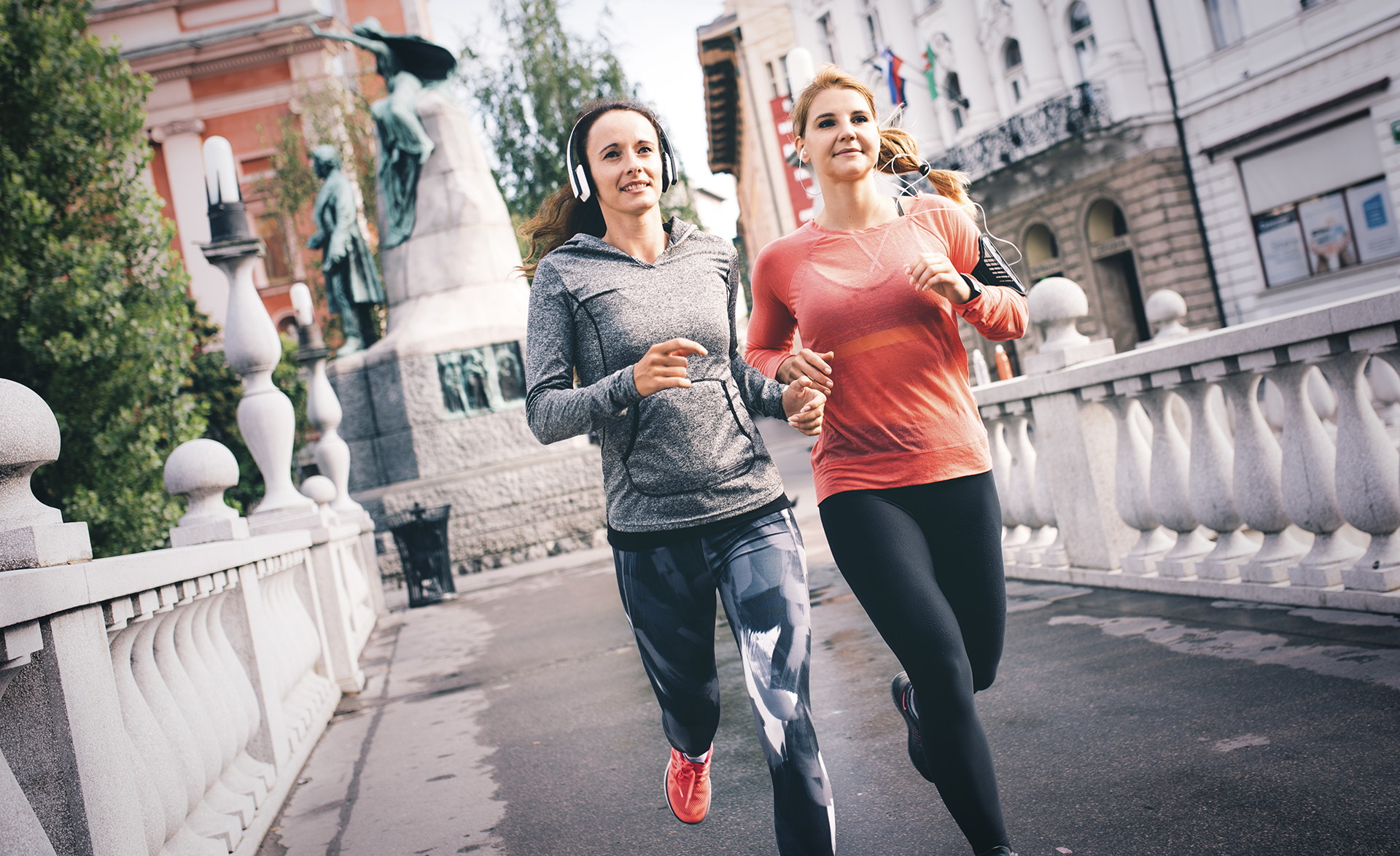

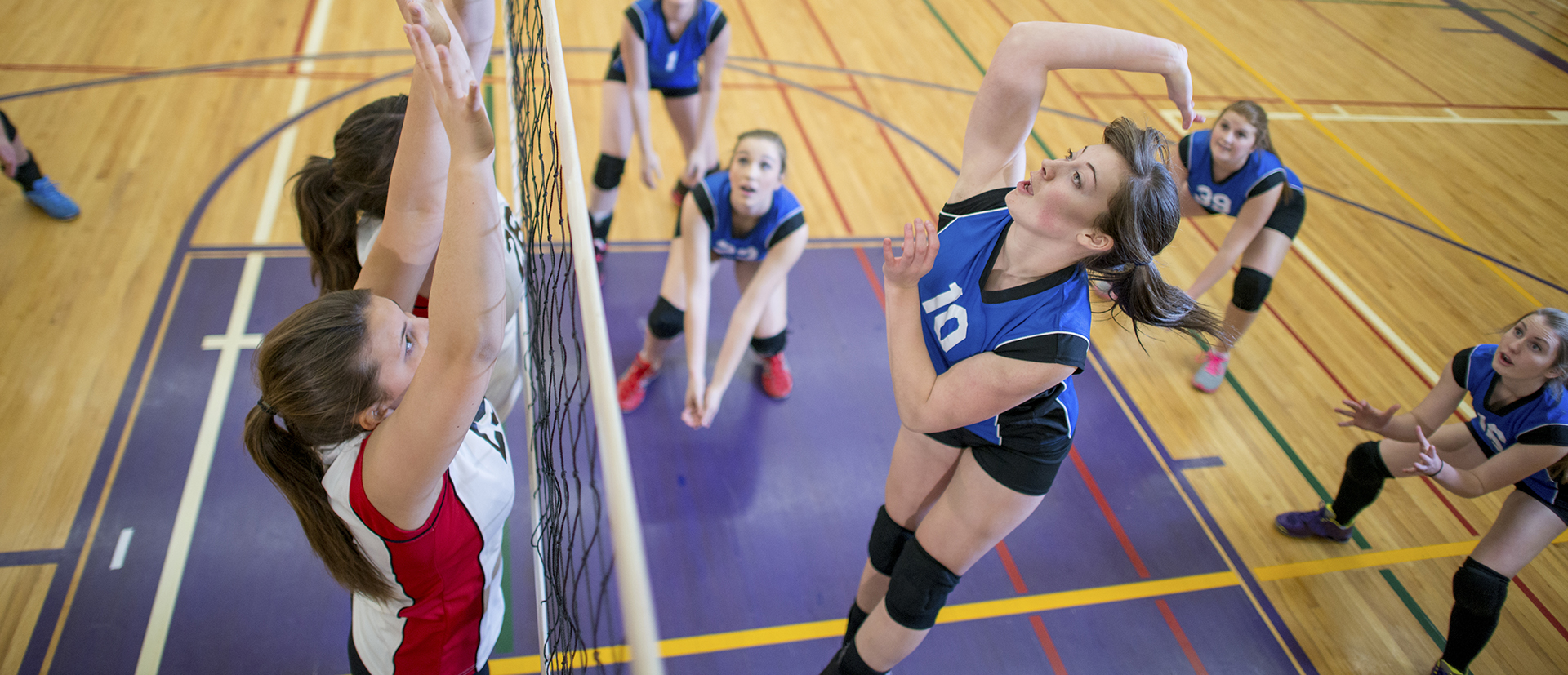





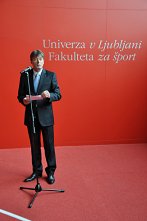
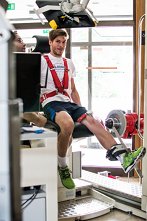









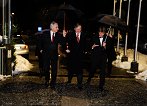




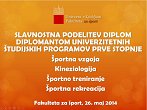


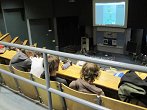
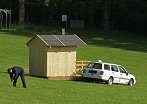

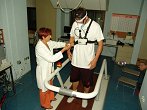
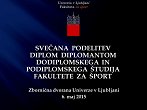



.png)